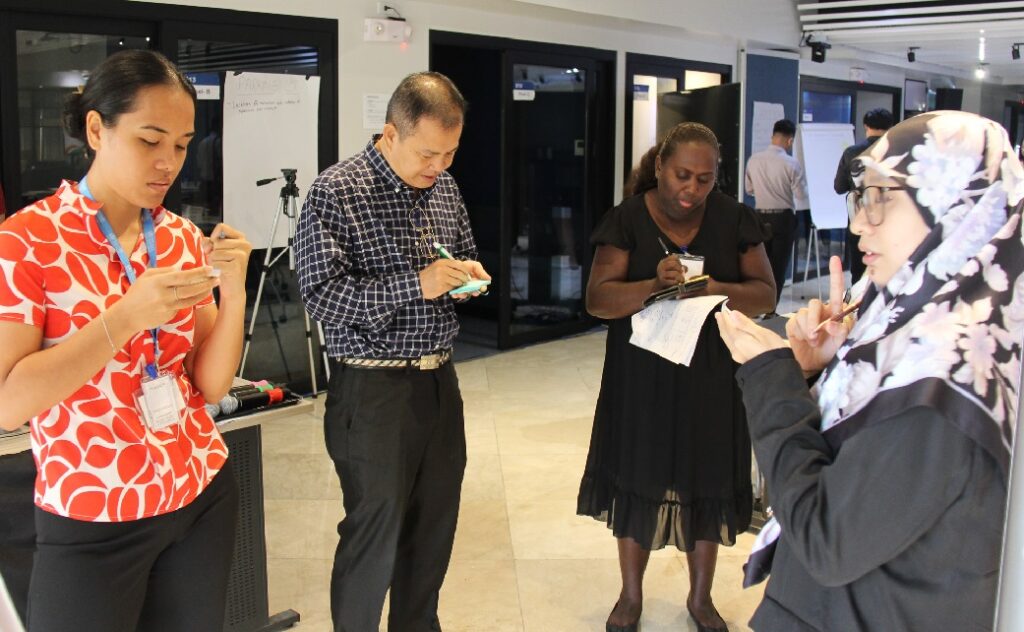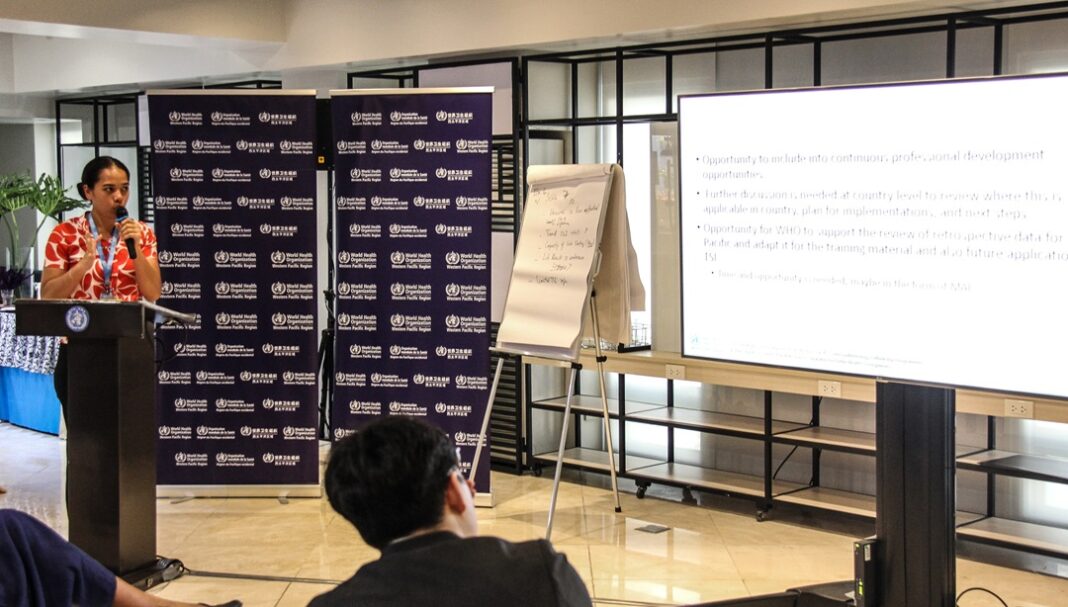Judith Gafa has made history as the first Samoan to join the World Health Organization’s (WHO) Field Epidemiology Fellowship Programme (FEFP) in the Western Pacific Region. Through this programme, epidemiologists like Judith enhance their skills in collecting, analysing, and interpreting surveillance data to respond effectively to infectious disease outbreaks.
Judith’s participation in the programme highlights the introduction of new tools and standardised approaches to disease surveillance in Samoa. Reflecting on her experience, Judith recalls, “I was part of the team that identified the first community case of measles during the 2019 outbreak. This programme has given me invaluable insights, especially the importance of a systematic approach to risk assessment.”
WHO’s FEFP, supported by the Government of Japan, has been building national capacities for surveillance and risk assessment since 2006. Alumni from the programme are embedded within national health security systems, contributing to sustainable management of public health emergencies.
Gina Samaan, Regional Emergencies Director at WHO, praised the programme: “The Field Epidemiology Fellowship Programme exemplifies capacity-building, shared learning, and networking. I am grateful to the Government of Japan for their support.”
Judith’s training included WHO’s initial risk assessment tool, which promotes a standardized approach to risk assessment. She plans to introduce this tool in Samoa, aiming to enhance the synthesis of surveillance data into actionable public health measures. “The right kind of data can prompt the right public health actions,” Judith emphasized.
In 2023, Samoa completed its first Joint External Evaluation (JEE) to assess its capacities under the International Health Regulations. Findings indicated the need for stronger surveillance capabilities. Judith’s experience in the FEFP is a step towards meeting this need.
Dr. Kim Eva Dickson, WHO Representative for Samoa, commented, “We are pleased that Ms. Gafa has enhanced her skills, strengthening Samoa’s surveillance team.”
Judith values the cross-learning opportunities within the FEFP, inspired by fellow epidemiologists overcoming similar challenges. “Hearing their stories, I am optimistic about our future. The future is bright,” Judith concluded.






